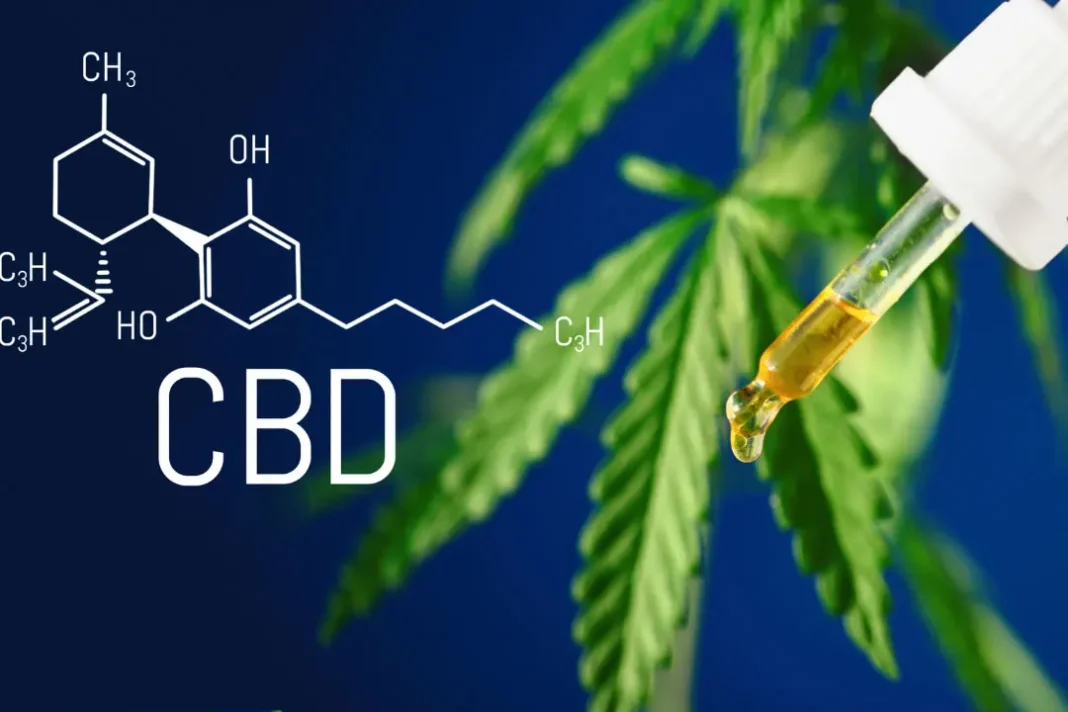With the growing popularity of cannabidiol (CBD), it’s common to come across terms like “CBD tincture” and “CBD oil.” But is this a distinction without a difference? In this article, we explore the nuances between a CBD tincture vs oil, examining their composition, production methods, and potential benefits.
CBD has become a staple in the health and beauty industries; however, this trend did not arise without some controversy. Ziggy Marley is quoted as saying, “I want people to get over the stigma about hemp. These seeds can’t make you high, but they will make you feel good.” So let’s set some things straight.
CBD, or cannabidiol, is derived from cannabis. CBD can also be extracted from marijuana. However, due to U.S. laws, most CBD is sourced from hemp, which is only a cousin to marijuana. CBD has no psychoactive properties, meaning it does not produce a high. THC-free CBD products are non-addictive and can provide many health benefits.
The earliest recorded use of CBD dates back to 2737 BC in China when an emperor used it in tea to address various ailments. CBD is offered in various delivery methods, such as oil and tinctures. So, which delivery method is best for you? Below we’ll discuss the differences between CBD oil and tinctures and recommend a quality source for your CBD needs.
You May Also like:
The Pros and Cons of CBD Oil for Anxiety
5 Great Reasons to Try CBD Massage Oil for Pain Relief
CBD Tincture vs Oil: Is There Truly a Difference? is an original (BetterNutritionNews) article.
CBD tincture vs oil:
Extraction and composition
One of the most distinct differences between CBD oil and CBD tinctures is how they are manufactured. These two products differ in terms of extraction methods. The hemp in CBD oil is extracted using carbon dioxide, which involves applying heat, pressure, and carbon dioxide to separate the CBD from the cannabis plant. On the other hand, alcohol is used to extract hemp for tinctures. The cannabis is soaked in alcohol and then heated, after which it is boiled or diluted. The final products also exhibit differences. CBD oil consists of hemp extract suspended in a carrier oil, such as coconut, jojoba, or olive oil. Meanwhile, CBD tinctures are often suspended in alcohol.
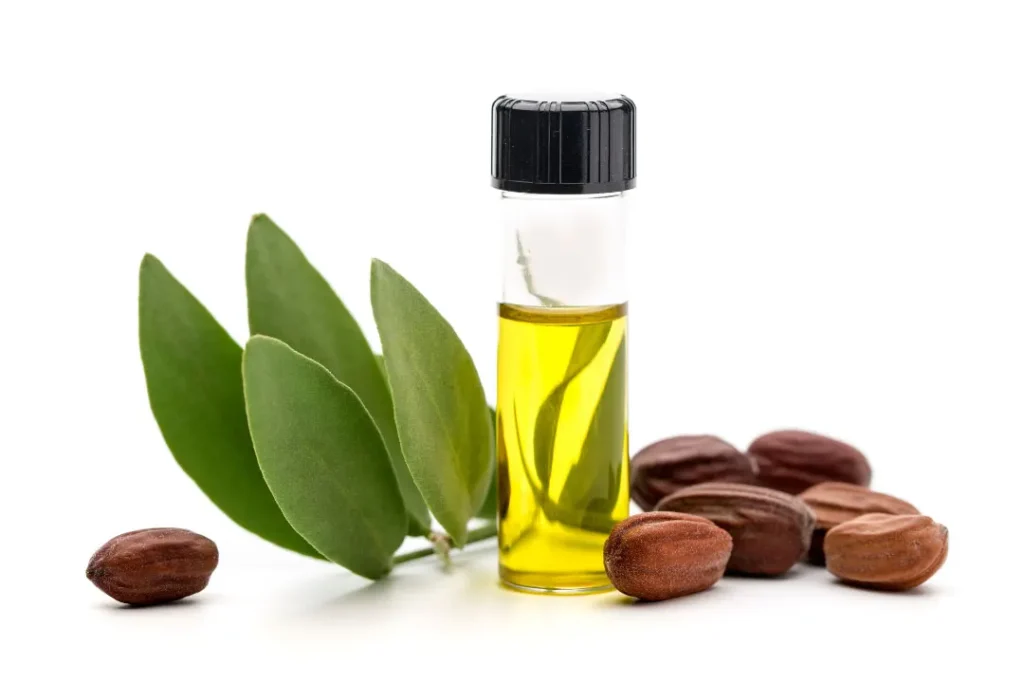
CBD tincture vs oil:
Potency and application
CBD oils can be used topically or orally, depending on the manufacturer’s instructions. In contrast, tinctures are intended solely for ingestion. The effectiveness of CBD oil varies depending on the application method—it can work quickly through topical application or take some time to be absorbed through the digestive system when taken orally. Conversely, tinctures can be added to any liquid or food or placed under the tongue for faster absorption, with effects typically manifesting within 15 minutes to two hours.
Now, let’s address the question of potency. Determining the potency of a CBD product can be challenging as it depends on the amount of CBD included in the product, which can vary among manufacturers. The best way to gauge a CBD product’s potency is to look at the bottle. The strength listed on the product refers to the entire bottle, meaning smaller bottles have higher potency. This is because larger bottles contain more product, which may result in the CBD being more diluted.
CBD oils tend to have slightly higher potency because oil can hold more CBD than alcohol. Oils also offer the flexibility of incorporating additional ingredients that can intensify the synergistic effects. Applying CBD oil topically also yields faster results than taking a tincture orally.
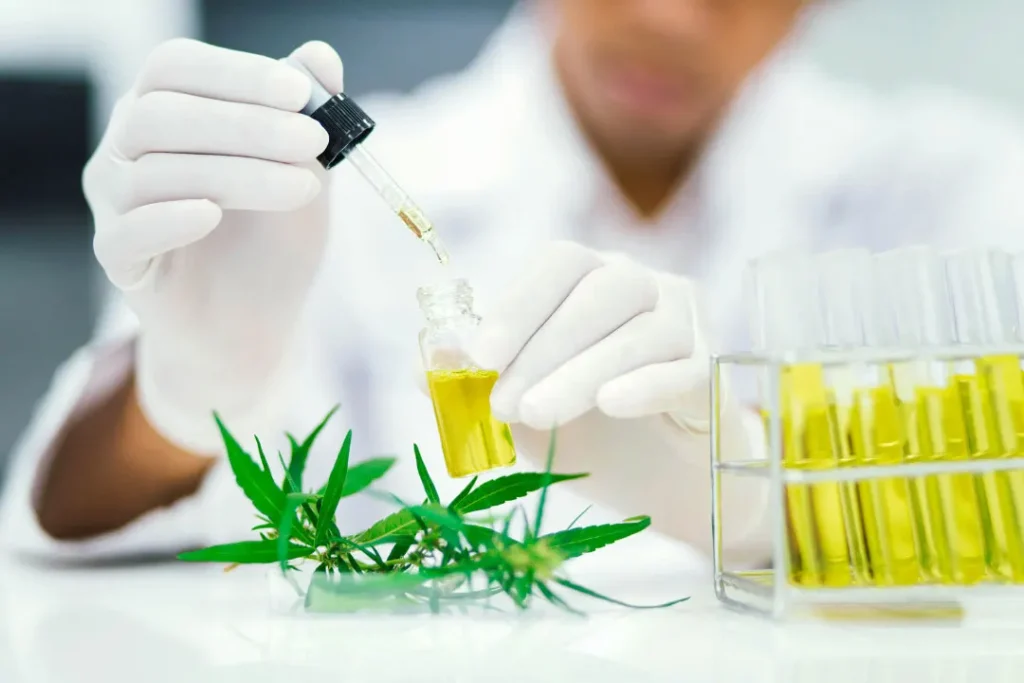
CBD tincture vs oil:
Which is better?
Determining whether CBD oils or CBD tinctures are more suitable depends on your lifestyle and preference. Those who deal with sudden pain may prefer a topical CBD oil, while those battling chronic pain may find the lasting effects of a tincture more beneficial. However, if you are dealing with anxiety, a tincture might be preferable, as only trace amounts of CBD reach the bloodstream when applied topically.
Both oils and tinctures offer convenience for on-the-go use. Suppose your work or social environment does not allow food or drink. In that case, opting for a topical CBD oil over a tincture or CBD oil taken orally may be a practical choice. Take a moment to consider your lifestyle before choosing the appropriate CBD product for your needs.
CBD Tincture vs Oil: Is There Truly a Difference? is the (BetterNutritionNews) report.
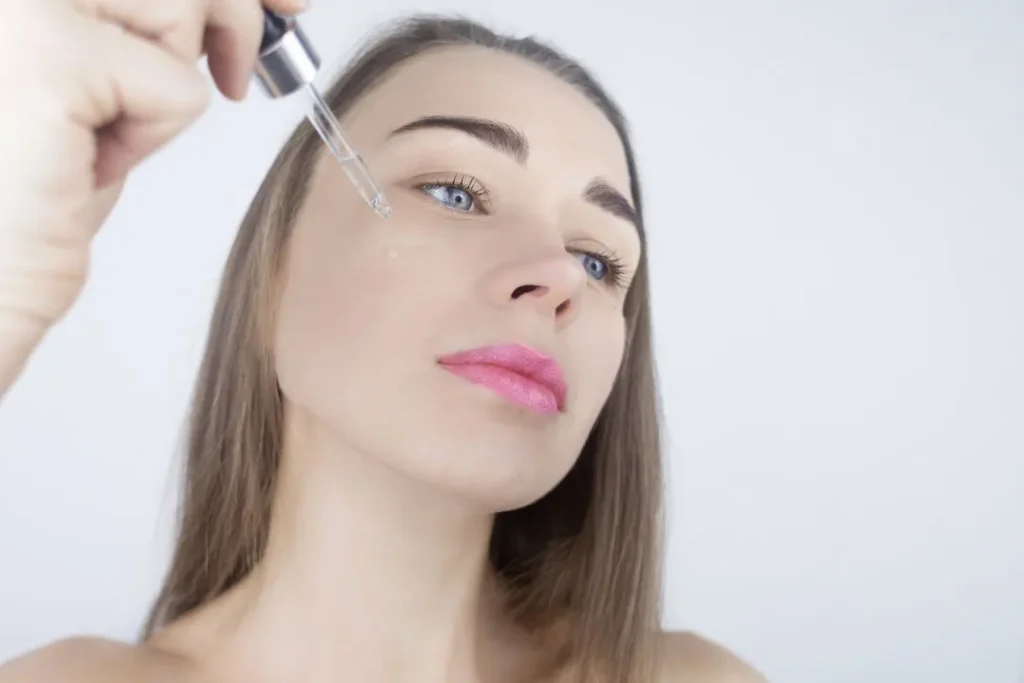
A quality source of CBD oil and tinctures
The market is flooded with ineffective CBD products that suffer from adulteration, contamination, and a lack of regulation. While it may be challenging to determine the ideal delivery method for your needs, you should never have to worry about product quality. That’s why we have selected Joy Organics as a premier source for your CBD needs. The brand conducts third-party testing to inspect for 50 pesticides, contaminants, and microbes, ensuring the highest quality CBD products. Moreover, all of Joy Organics’ products are USDA-certified organic.
Among the company’s offerings, we discovered Organic Broad Spectrum CBD Tinctures, which come in Tranquil Mint, Orange Bliss, and Summer Lemon flavors. Unflavored, full spectrum, and Delta-9 options are also available. Joy Organics’ tinctures are unique because their formulation contains no alcohol. Their hemp extract contains terpenes and other cannabinoids and is suspended in CBD-infused MCT oil, allowing for an entourage effect. The THC has been removed from the hemp extract, resulting in a formula that is 0% THC. The full spectrum options contain less than 0.3% THC. The Delta-9 option contains 2.5mg of Delta-9. Joy Organics also offers tinctures specifically designed for cats and dogs. Additionally, these products are vegan-friendly.
Joy Organics also offers a premium CBD oil product, Organic CBD Massage Oil, which contains only two ingredients: MCT oil and full-spectrum CBD. This formula contains less than 0.3% THC and is intended for topical application, making it suitable for individuals with sensitive skin.
According to co-founder Todd Smith, “Joy’s innovative and thorough product development team ensures that every single ingredient used is meticulously sourced and lab-tested. They remain committed to crafting new and refining existing formulas that set new standards for quality and efficacy, including a line of USDA Certified Organic CBD tinctures, gummies, and salves.”
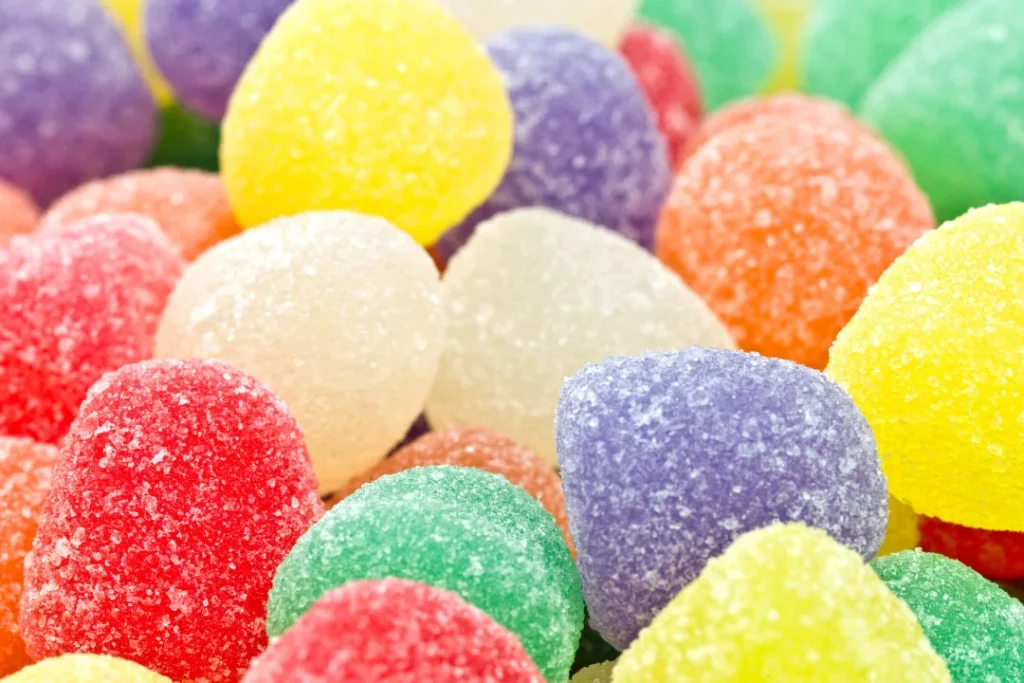
CBD tincture vs oil:
Which one will you choose?
Since CBD oil and CBD tinctures boast many benefits, choosing the ideal delivery method for your needs may be challenging. Consider your specific requirements. How quickly do you need the product to take effect? If you’re seeking almost instant relief, you may want to try a CBD oil product. If you have a little more time or if you’re seeking relief for issues like anxiety, you may want to try a CBD tincture. CBD offers a powerful, safe, and natural option with the potential to address many health issues, including chronic pain, insomnia, and certain mental health issues. Experience the potential benefits of CBD oil or tincture today and witness the day’s stresses melt away.
Further reading:
MedicalNewsToday: 11 Best CBD Tinctures of 2023
Verywell Health: Everything You Should Know About CBD Oil
Forbes Health: 9 Science-Backed Health Benefits Of CBD Oil
Important Note: The information contained in this article (CBD Tincture vs Oil: Is There Truly a Difference?) is for general informational purposes only, and should not be construed as health or medical advice, nor is it intended to diagnose, prevent, treat, or cure any disease or health condition. Before embarking on any diet, fitness regimen, or program of nutritional supplementation, it is advisable to consult your healthcare professional in order to determine its safety and probable efficacy in terms of your individual state of health.
Regarding Nutritional Supplements Or Other Non-Prescription Health Products: If any nutritional supplements or other non-prescription health products are mentioned in the foregoing article, any claims or statements made about them have not been evaluated by the U.S. Food and Drug Administration, and such nutritional supplements or other health products are not intended to diagnose, treat, cure, or prevent any disease.


